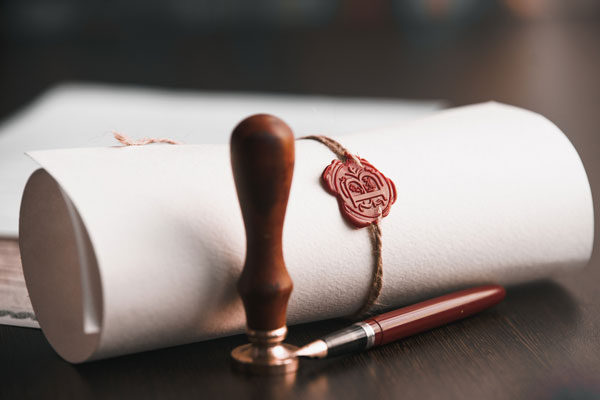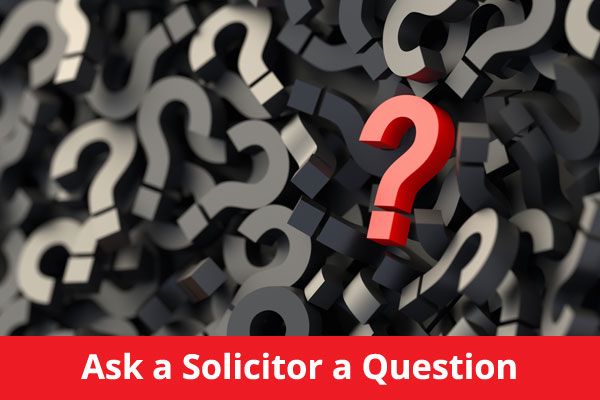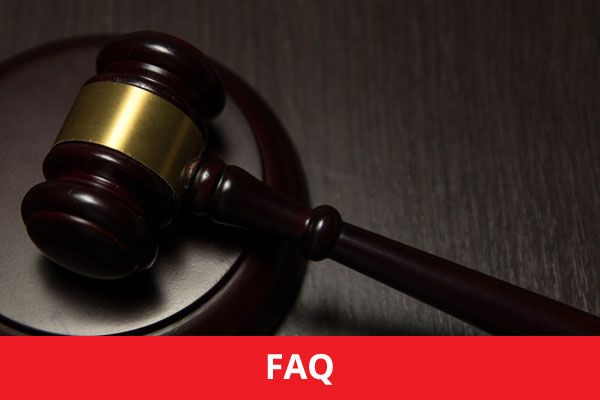All About Probate

When a person dies, his estate must be properly distributed to his heir or heirs. Probate is the legal procedure of transferring the said estate of the deceased person (decedent), whether testate (with a will left behind) or intestate, to his beneficiaries.
The person who handles this process is generally called a personal representative. If the decedent had left a will stating whom he appoints to do this, the person is called the executor. The executor should apply for a grant of representation from the probate registry, a section of the court that indexes wills and letters of administration, especially in cases of the decedent leaving a large amount of money (in the New Zealand, it must be at least £5,000), stocks, shares, insurance policies, or property or land owned solely or as a tenant in common ("tenants in common" means a joint ownership where each joint tenant owns a separate share). Part or all of the inheritance tax due on the estate, however, must have already been paid for before the grant is given. Once approved, the grant bestows upon the executor the authority to deal with the assets of the decedent; it may be used to show he has the right to access estate funds, sort out finances, and collect and distribute the deceased person's assets in accordance with the will. The court may, however, require from the executor a fidelity bond, which is essentially an insurance policy to prevent from possible abuse to the estate by the executor. The personal representative must have full understanding and should abide by his fiduciary duties, such as treating all beneficiaries equally lest he be petitioned for removal and held liable for any harm to the estate by an interested person or party.
If there was no will, a relative, usually and preferably the closest one, may apply as administrator, or the court may appoint one. If, for example, the closest relative or beneficiary is a child, more than one person must take the role. A grant of representation also names the administrator and gives the power to deal with the decedent’s estate.
Objections could be petitioned either to the personal representative or the court, challenging the probate regarding such possibilities as the deceased being of unsound mind or improperly influenced during the time of signing, the will itself being forged, or the presence of a more updated will. All these claims must be looked into, investigated, and resolved. A list of all the assets, which may range from money, land, property, vehicles, business shares, furniture, and artwork, is created in preparation for disbursement according to the will. The value of these assets must be accounted and appraised, and from these any outstanding debts and other taxes must be paid by the personal representative.
From the opening of the probate case in court until its closing, it may take at least six months extending to over a year. Such a rigorous legal process, however, definitely ensures that all of the decedent’s assets are properly distributed to their rightful recipients.
Let us find you the best Wills & Probate Solicitor
3,120,002 page views




 (10)
(10) (0)
(0) (11)
(11)


